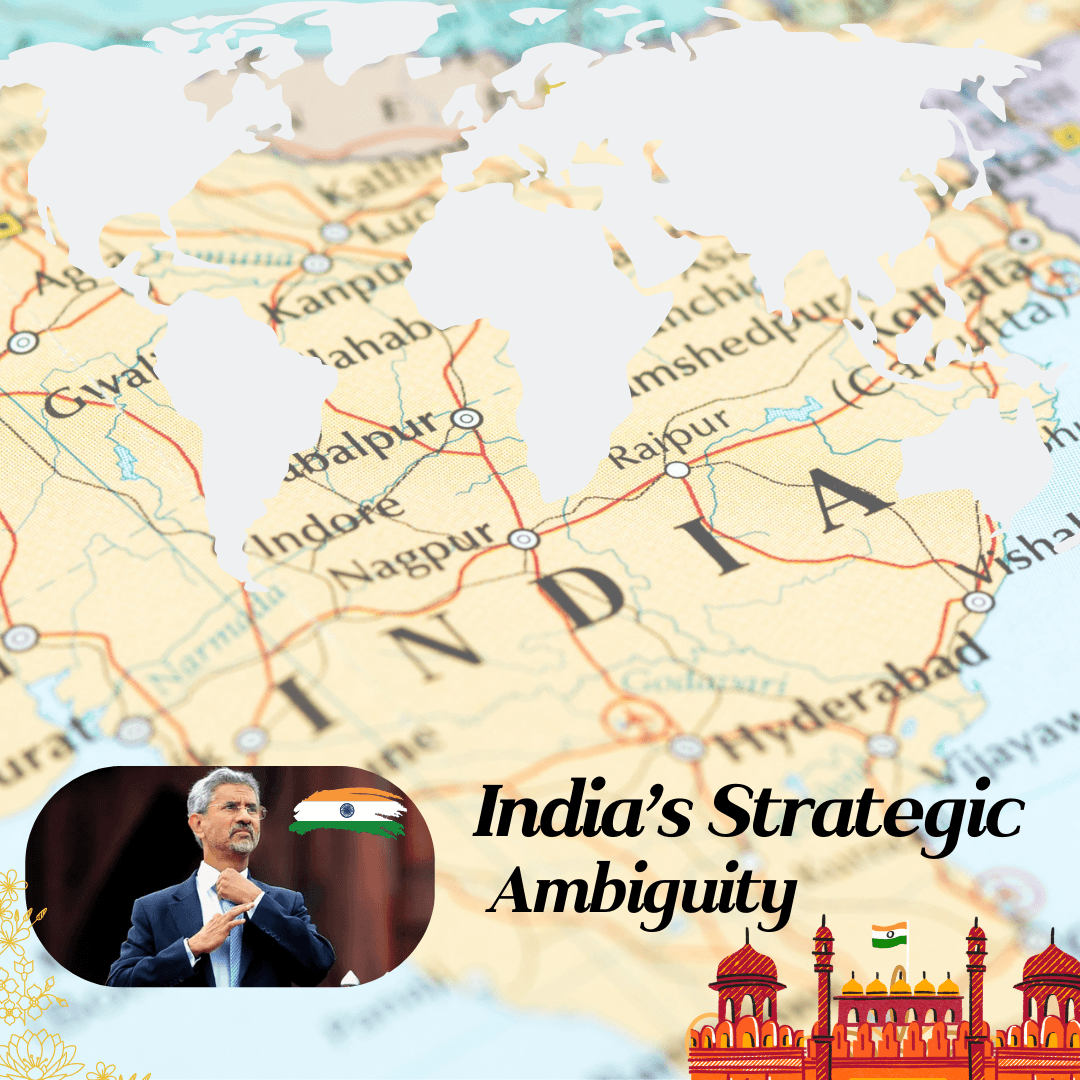Economist Jeffrey D. Sachs argues that the U.S.-driven NATO expansion, rather than solely Russian aggression, plays a significant role in the Ukraine crisis. By pushing NATO eastward after the Cold War, the U.S. disrupted the balance of power in Europe, creating a geopolitical environment where Russia perceives NATO’s presence on its borders as a strategic threat.
Traditionally, a balance of power is crucial to avoid dominance by any one state or coalition. However, with NATO steadily moving closer to Russia, Moscow sees this expansion as a direct challenge to its regional influence and security. Russia’s opposition, according to Sachs, is not merely an aggressive stance but a defense mechanism against perceived encirclement. This perspective shifts the focus from viewing Russia as the sole aggressor to recognizing how the expansionist policies of NATO have altered the security dynamics of Eastern Europe.
The U.S.’s involvement in Ukraine’s political landscape, especially since 2014, has further tilted this balance, adding to Russia’s distrust. For Sachs, these moves have eroded the cooperative order envisioned after the Cold War, replacing it with rivalry. He suggests that to stabilize the region, NATO must consider policies that balance the security needs of both NATO member states and Russia, acknowledging Moscow’s concerns rather than marginalizing them.
Sachs’ analysis highlights the importance of a balanced geopolitical strategy to prevent escalation. He argues that maintaining a stable balance of power, rather than expanding alliances, could be key to long-term peace in Eastern Europe and avoiding future conflicts.



